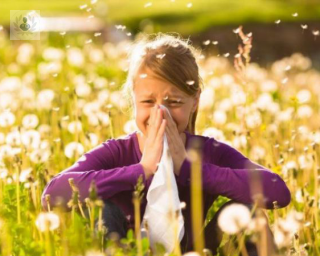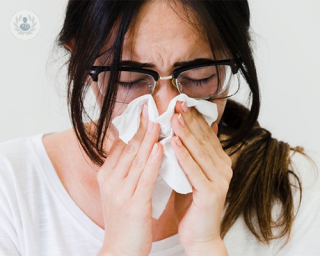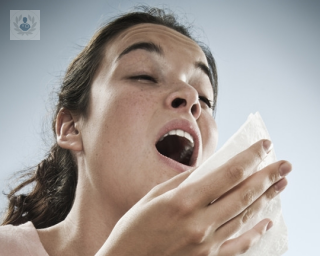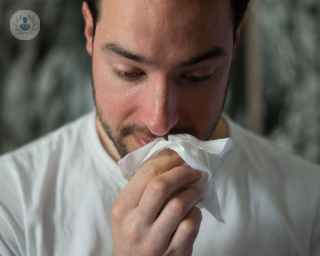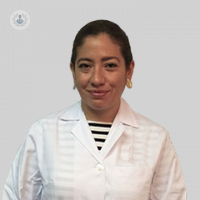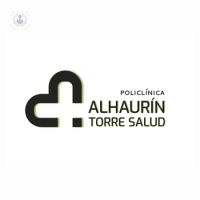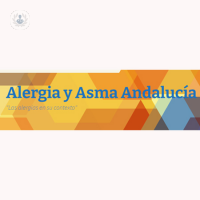Allergic rhinitis
Allergic rhinitis is characterized by the presence of typical symptoms of a cold: sneezing, itchy nose, feeling stuffy or runny nose, runny nose, loss of smell and conjunctivitis. The person suffering from this condition may develop asthma later on, when they start to appear some of its symptoms: dry cough, breathlessness, chest sounds ... There is a possibility that allergic rhinitis manifested sporadically produced by the seasonal changes (pollen allergy, for example), or recurring, with a difference of intensity in the expression of their symptoms. The most common cause of this disease is allergic to any substance as dust mites, pollen or hair of some pets, so it is convenient diagnostic skin testing (introducing drops of the allergen to which they may be sensitive about skin and checking the reaction) and blood. If the result shows that there is an allergy, the treatment of allergic rhinitis is based on avoiding contact with what causes the allergy and, as appropriate, administration of appropriate medications (antihistamines, decongestants, allergy shots ...).
